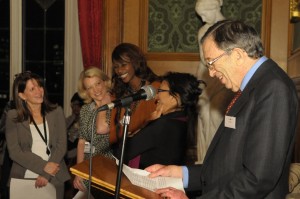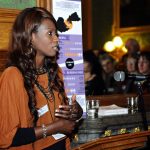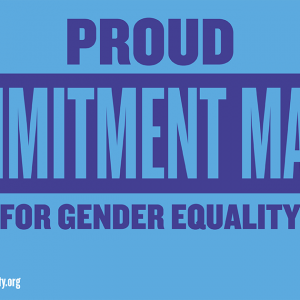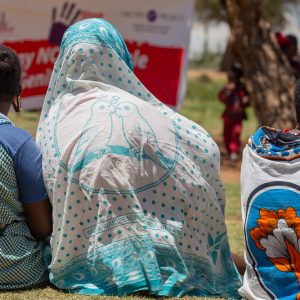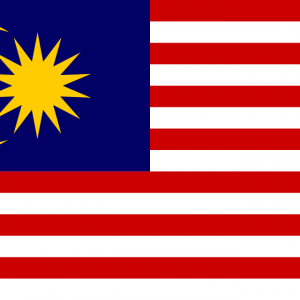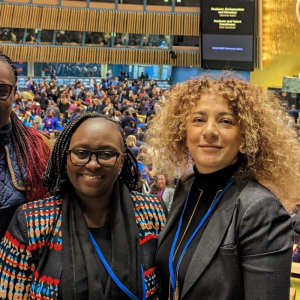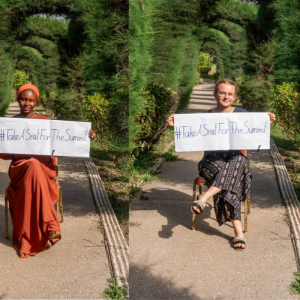Orchid Project event held to mark the International Day Against FGC
So, the most important date in Orchid Project’s calendar has been and gone. This year, to mark February 6th – the International Day Against FGC, Orchid Project hosted an event at the House of Lords. It is fair to say the event was a great success, with the guests leaving feeling energised and full of hope that FGC can, and will, end.
We had an impressive selection of speakers on the day. Proceedings were kicked off by the eminent human rights lawyer Lord Joffe, and Orchid Project CEO Julia. In particular, Julia gave the exciting news from Orchid Project partner Tostan that only 340 more communities are needed for the abandonment of FGC in Senegal.
Following Julia was DFID Parliamentary Under-Secretary of State for DFID, Lynne Featherstone MP, who has coined a new term: to be ‘Julia-d’. Her speech also emphasised the momentum that is building globally while reaffirming DFID’s commitment to, ‘… a major new regional programme to support efforts to end the practice in in many countries in West Africa and beyond.’ This powerful message also placed an end to FGC at the centre of DFID’s agenda at the Commission on the Status of Women in March.
Sister Fa, Senegalese hip hop artist and Orchid Project ambassador, then movingly described her hope for an end to FGC. This highlighted her work with the young people of West Africa, reaching out to communities through her music. Home Office Minister Jeremy Browne MP then spoke. He focused on the important links between female genital cutting among diaspora communities and those where the practice originates, pointing out the need for international efforts to end FGC at the grassroots.
Finally Christie Watson, author and Orchid Project ambassador, spoke. Her speech took in the perspective of a healthcare professional that has seen the impacts of FGC first-hand. Touching on her experiences in the UK and Nigeria, Christie described how greater awareness of the issue and increased resources can lead to change, citing the reductions in FGC prevalence after concerted efforts as examples.
The energy of the event was quite remarkable, and once again provides an example of how FGC is an issue that engages and inspires people to debate and to act. All we need to do is take that energy and focus it, and female genital cutting will end.

